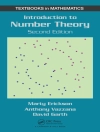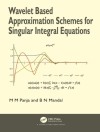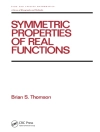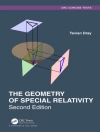The development of dynamics theory began with the work of Isaac Newton. In his theory the most basic law of classical mechanics is f = ma, which describes the motion n in IR. of a point of mass m under the action of a force f by giving the acceleration a. If n the position of the point is taken to be a point x E IR. , and if the force f is supposed to be a function of x only, Newton’s Law is a description in terms of a second-order ordinary differential equation: J2x m dt = f(x). 2 It makes sense to reduce the equations to first order by defining the velo city as an extra n independent variable by v = :i; = ~~ E IR. . Then x = v, mv = f(x). L. Euler, J. L. Lagrange and others studied mechanics by means of an analytical method called analytical dynamics. Whenever the force f is represented by a gradient vector field f = – /l U of the potential energy U, and denotes the difference of the kinetic energy and the potential energy by 1 L(x, v) = 2’m(v, v) – U(x), the Newton equation of motion is reduced to the Euler-Lagrange equation ~~ are used as the variables, the Euler-Lagrange equation can be If the momenta y written as . 8L y= 8x’ Further, W. R.
Pei-Chu Hu & Chung-Chun Yang
Differentiable and Complex Dynamics of Several Variables [PDF ebook]
Differentiable and Complex Dynamics of Several Variables [PDF ebook]
Beli ebook ini dan dapatkan 1 lagi GRATIS!
Bahasa Inggris ● Format PDF ● ISBN 9789401592994 ● Penerbit Springer Netherlands ● Diterbitkan 2013 ● Diunduh 3 kali ● Mata uang EUR ● ID 4698300 ● Perlindungan salinan Adobe DRM
Membutuhkan pembaca ebook yang mampu DRM












